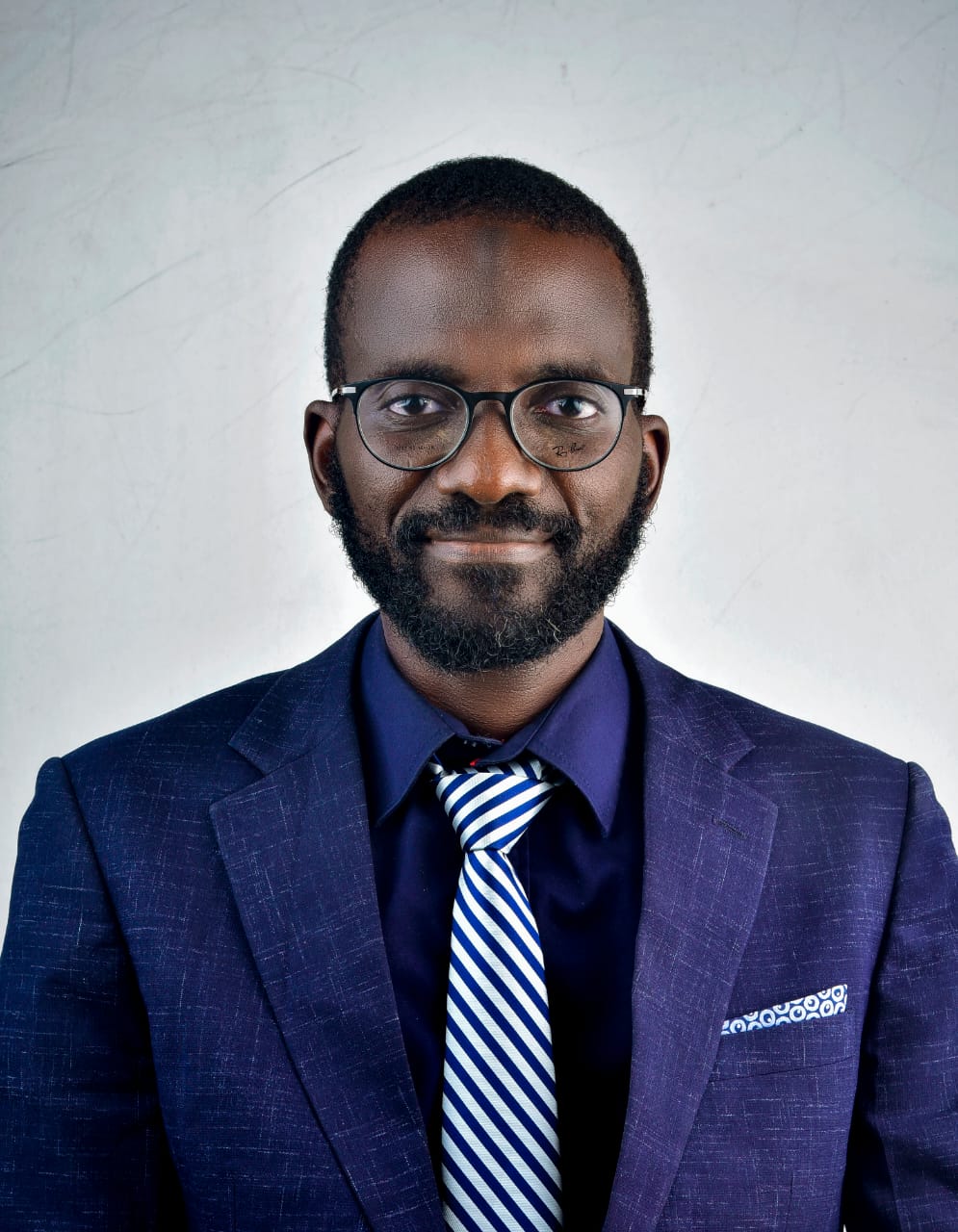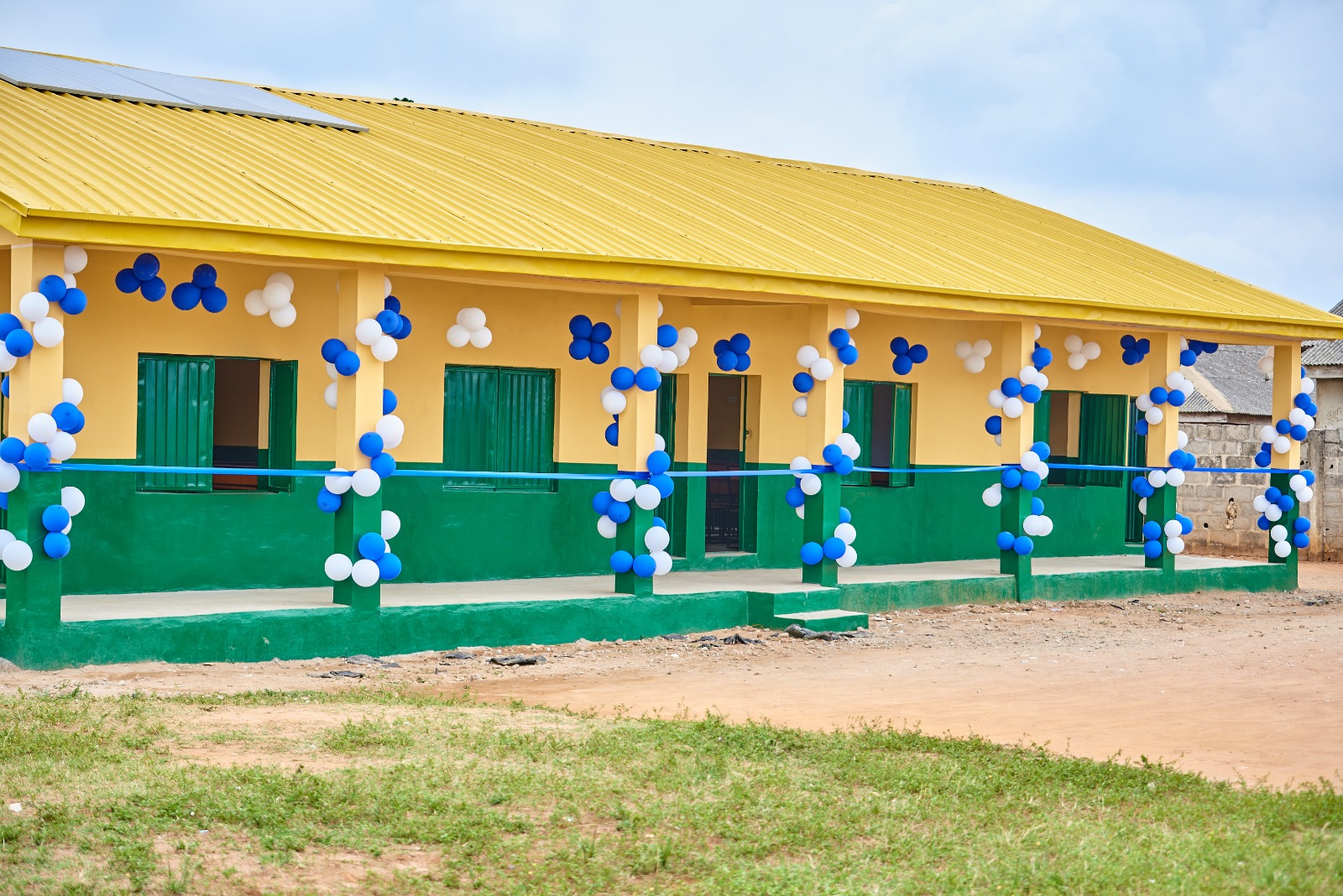Out-of-School Children in Nigeria: An Educational Administration Perspective
BY MOHAMMED ABASS

Mohammed Abass
Abstract:
This research examines the challenge of out-of-school children (OOSC) in Nigeria through the lens of educational administration. It synthesizes recent national and international data, identifies administrative and systemic drivers (finance, governance, security, planning, and human resources), and proposes evidence-based administrative interventions to reduce OOSC and improve retention. Key recommendations emphasize strengthened federal-state coordination, targeted financing and accountability mechanisms, school safety and catch-up programmes, and community-based governance reforms.
Introduction:
Out- of-school children (OOSC) is one of the critical challenges confronting the basic educational system in Nigeria. The value people attached to public schools is coming down while that of private schools is moving higher. Education is a social right and for this reason, majority of the people are poor masses who cannot afford enrolling their children to the private schools due to the high price tag of school fees. In the light of this, Nigeria currently accounts for one of the largest out-of-school populations globally. Recent estimates place the number of children out of school in Nigeria in the tens of millions, with serious concentration in northern states and among marginalized groups. These high levels of OOSC pose long-term economic and social costs and represent a major failure of educational systems and administration. To address these challenges, the government from federal to state level should be strategic enough to plan for the future with unwavering dedication and readiness to invest highly in basic education system.
This study addresses OOSC from an educational administration perspective: how planning, resource allocation, governance, human resource management and accountability within the education sector contribute to-or can mitigate-the problem. The administrative lens is chosen because many causes of OOSC (funding gaps, weak implementation of policy, insecurity, poor school management and ineffective community engagement) are mediated through governance and management systems.
In education, administration plays a vital part. It ranges from how to allocate human and material resources toward achieving the educational goals for the future of the country. All hands must be on deck. The problem of Out-of-school children is a realistic one that requires reactive and strategic planning to better address the menace effectively.
My Experience as a school administrator in Zaria, North-West, Nigeria.
As a school administrator, I have equally worked in the capacity of Director of Quality Assurance. I can say categorically that one of the ways to make education to work effectively in the North is to invest heavily on the teachers through training and development with thorough supervision and monitoring. There are bunch of potentials in the North but yet to be discovered and nurtured due to shortage of quality workforce to implement the holistic education.
A case study of Abdulrahaman (The Almangiri boy)
I had an unforgettable experience with a small boy (Almangiri) whose name was Abdulrahaman. Abdulrahman is one of the Almangiri boys who always visit our compound to seek for daily bread.
One day, I was going to the mosque and as I was moving closer to the gate of my house, he had sighted me from a far and welcome me with a smile and even opened the gate for me to relieve me of stress. I was very impressed about his positive attitude and as an educationalist, I drew him closer to myself and later discovered Abdulrahman is loaded with a lot of hidden potentials. How can we harness this and maximize those human resources wasting around for the betterment of this country?
This is exactly what this paper has addressed.
Global monitoring and in-country assessments highlight a worrying trend: while global OOSC numbers have been persistently high, Nigeria’s share is particularly large. UNESCO’s Global Education Monitoring analysis and national situation reports indicate that Nigeria accounts for a sizeable fraction of the world’s primary and secondary OOSC. National UNICEF reporting and country situation analyses (2023-2024) estimate roughly 10-20 million Nigeria children out of school across primary and lower secondary levels, with regional disparities (high rate in the north) and gendered patterns in some areas. These analyses also link rising OOSC to conflict, poverty, that disrupt schooling.
Insecurity- including attacks on schools, kidnappings and community-level violence -has a large localized effect on attendance and retention: families withdraw children or move to safer areas, and schools close or operate irregularly where threats are persistent. Reporting and field studies have documented how kidnappings and armed attacks in northern and central states directly reduce school participation and increase long-term absence.
Theoretical framing-educational administration and OOSC.
This paper adopts an administrative governance model that locates responsibility at multiple levels: federal policy and financing, state and local government planning and implementation, school level leadership and community governance. Five administrative domains are central:
- Finance and resource allocation: Timely, equitable funding for school operations, teacher salaries, school feeding and conditional supports.
- Policy design and implementation capacity: clarity of roles across federal, state, and local actors; implementation monitoring and data systems of OOSC.
- Human resource management: teacher deployment, training in muti-grade and remedial pedagogy, incentives for posting to undeserved areas.
- School safety and infrastructure: physical security, disaster-resilient infrastructure, and psychological support for learners affected by conflict.
- Community engagement and accountability: school-based management committees, parental engagement, and social protection linkages.
Drivers of OOSC in Nigeria administrative interpretation:
- Insufficient and poorly targeted funding
- Insecurity and school-targeted violence
- Weak planning, data and monitoring systems.
- Human resource constraints and inequitable teacher deployment
- Social economic and cultural factors mediated by administration
This paper will not complete without mentioning some of the evidence based administrative interventions:
- Strengthening federal- state financing and accountability.
- Strengthening human resources and school leadership
- Support community governance and school protection linkages.
Implementation challenges:
In Nigeria, it is well known that government in most times set in place good policies. However, implementation is our major challenge. Administrative reforms face political economy constraints: State capacity varies widely; patronage and governance weaknesses can distort resource flows; and immediate security responses may outpace long-term planning. There are trade-offs between quick emergency programmes (e.g. temporary learning spaces) and sustainable system strengthening teacher recruitment. Administrators must balance emergency relief with investments that strengthen systems and prevent relapse into high OOSC levels.
Conclusion and policy recommendations:
- Institutionalise safe-school and resilience planning in state education ministries, with dedicated budgets for school safety and psychological services.
- Making data central to resource allocation and programme targeting
- Scale up flexible delivery modalities (accelerated learning, community schools, radio/ remote educational content) for learners affected by conflict displacement.
- Invest in teacher incentives and professional development to address shortages and improve learning quality in underserved areas.
These steps require coordinated administrative action across federal, state and local levels and partnership with development agencies, civil society and community actors for effective implementation and tangible results.
Written by: Mohammed Abass a Ph.D. research scholar in educational administration and planning @ ABU, Zaria.
Director: iBass Institute of Learning Ltd, FCT, Abuja.
References:
- Nwoke, C. (2024). Assessing the phenomenon of out-of-school children in … (critical literature review on OOSC in Nigeria)
- Research articles and policy briefs on OOSC in Nigeria (examples: Ikiyei 2022; ResearchGate reviews on access and interventions).
- Nigeria kidnappings break up families, keep children out of school (reporting on security impacts to schooling). 14 March 2024.
- Out-of-school numbers are growing in sub-Saharan Africa / GEM Report, 2024. (Summary and global estimates).
- UNICEF The state of Nigeria’s Children: Updated Situation Analysis 2024 (country OOSC estimates, analysis and recommendations.













